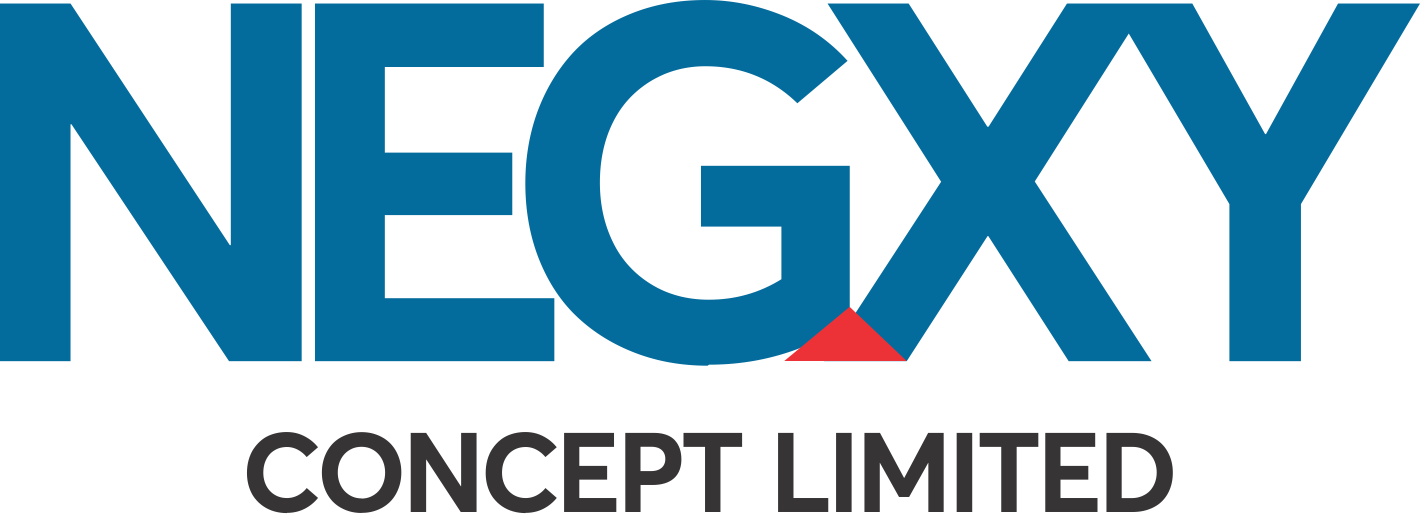Why study in Ireland.

Ireland is known to be the “land of saints and scholars” and this has led to the rise in the intake of international students into Irish universities.
- There is a one-year stay back visa for Bachelors graduates and up to two years for Masters graduates in Ireland.
- Students who come to Ireland find it easy to cope with courses and the environment because it is an English speaking country.
- The Irish education system ranks among the top 20 in the world, for its higher education achievements.
- Gain the benefit of selecting from over 500+ international recognized programs.
- Access high-quality research opportunities in world-leading programmes in Ireland.
- Studying in Ireland is a great start to a successful career with leading global companies.
- Ireland is one of the most exciting places in the world to be as a student because it has a young vibrant population.
- The rich culture, hospitality and friendliness of the Irish people will enable students to feel comfortable and welcome in the country.
- Ireland has a rich environment, filled with emerald landscapes for fun and exciting outdoor activities, which students can engage themselves in.
- Ireland is a safe, peaceful and tolerant place to live, students can also get to travel around Ireland as the air-fare is affordable.
Enjoy a unique blend of high education standards and an exciting cultural experience in Ireland today.
STUDY IN IRELAND.
The annual tuition fee varies from 8000 to 15,000 Euros depending on the program and institution. The approximate annual living expense of a Nigeria Student is projected as 7000 Euros.
An exact estimation about the cost of living of a student at Ireland may be difficult since no two people live in the same way. However for a nine-month academic year, in addition to course fees and other academic expenses an international student living in Ireland will need approximately € 7000.
University College Dublin (UCD) and Trinity College Dublin (TCD) make annual estimates for students living outside their family home. Their estimates for the academic year 2013-2014 were € 9036 and € 10 500 respectively. These figures include rent, electricity, food, books and laundry and medicine as well as travel and social life expenses.
These figures are near the minimum sum needed for a person to survive in Ireland. Costs can be higher or lower according to the way of life the person chooses to lead. Costs should be increased proportionately if you are calculating costs for a period of one full year.
(Work experience, GMAT scores and excellent academic background are the basic entry requirements). However there are good institutions that offer MBA programs for fresh gradates and such MBA programs are very popular among Nigeria students. Being the silicon valley of Europe with all major IT giants like Facebook, Google having their European headquarters in Ireland, Computer Science (IT Programs) are always among the most popular courses in Ireland. Civil/Construction engineering and other engineering disciplines, hospitality/tourism management, pharmacy, psychoanalysis etc. are the other popular programs which majority of the students opt for.
There are nine universities in Ireland – 2 in Northern Ireland and 7 in the Republic.
The University of Dublin, Trinity College (TCD), founded in 1592, is the oldest university in Ireland.
The National University of Ireland (NUI) is a federal institute consisting of four constituent universities; University College Dublin, National University of Ireland Dublin; University College Cork, National University of Ireland Cork; National University of Ireland Galway and National University of Ireland Maynooth.
NUI also has three recognized colleges: National College of Art and Design (NCAD), The Royal College of Surgeons in Ireland (RCSI) and St. Angela’s College of Education. The University of Limerick (UL) and Dublin City University (DCU) are our newest universities and were founded in 1989.
The two universities in Northern Ireland are: the University of Ulster (UU) and the Queen’s University of Belfast (QUB).
Under Graduate Programs: Students who have secured 75% or higher have a great opportunity of getting accepted into a University for an undergraduate program.
Post Graduate Programs: Students who have secured a first-class or second class (Upper division) honours degree have a great opportunity of getting accepted into a University for a post-graduate program.
Universities offer one major intake (Semester) which begins in September. However, few Universities admit students for February intake, which is only available to a limited number of programs.
IELTS (International English Language Testing System): is an English Language test administered by the British Council, which assesses your abilities in listening, reading, writing and speaking. The IELTS test report form (ITRF) is valid for 2 years.
TOEFL (Test of English as a Foreign Language): is a test conducted by ETS (Educational Testing Service). The accepted score for the TOEFL test in most universities is 570 (Paper-based), 90 (Internet-based). The score report is valid for 2 years.
PTE ACADEMIC (Pearson Test of English Academic): is a computer-based academic English language test that assesses the reading, writing, listening and speaking abilities of non-native English speakers who desire to study abroad.
It is highly recommended that you begin your application process at least 6 months prior to course commencement date (Preferably by March for September admissions). Majority of the post graduate applications are administered through Post Graduate Application center (PAC) which is a common application system for many universities and institutes of technologies. Also Ireland Education authorized representatives (Like NeGxy Concept Limited) will be able to process the application more effectively and efficiently.
Higher Education in Ireland consists of the universities (with associated colleges of education), institutes of technology, and a number of private independent colleges. The universities and institutes of technology are autonomous and self-governing, but are substantially state-funded. There are a number of merit based tuition fee bursaries in some institutions which can reduce your fees up to 40%. Also there are common fee bursaries of 2000- 5000 Euros for early applications.
Students need to submit the application to Ireland Embassy in Nigeria through online applications and the supporting documents needs to be processed through Visa Facilitation centers (VFS). Normal processing times are 6-8 weeks and may take higher during peak seasons.
Normally first year fees need to be paid prior to the visa application. But students applying to certain universities and institutions are allowed to lodge the applications without paying first year fees under ‘Approval in Principle” (AIP Scheme), where you can pay the fee once the visa is approved in principle. However the embassy will stamp the visa only after submission Proof of first year fees paid.
Students are entitled to work up to 20 hours per week during the semester, and full time (40 hours/week) during holidays. This can aid in their living expenses as a student in a foreign land.
Fortunately, there are also sandwich courses for undergraduate degrees with a work placement integrated into the course.
In 2017, Ireland announced the 2-years post-study work visa which allows International students in the postgraduate level to look for any job of their choice and work for 2 years.
Those who are successful in finding employment may apply for a further stay under Critical Skills Employment Permits (formally known as Green card) with conditions set by INIS (Irish Naturalization and Immigration Service).
